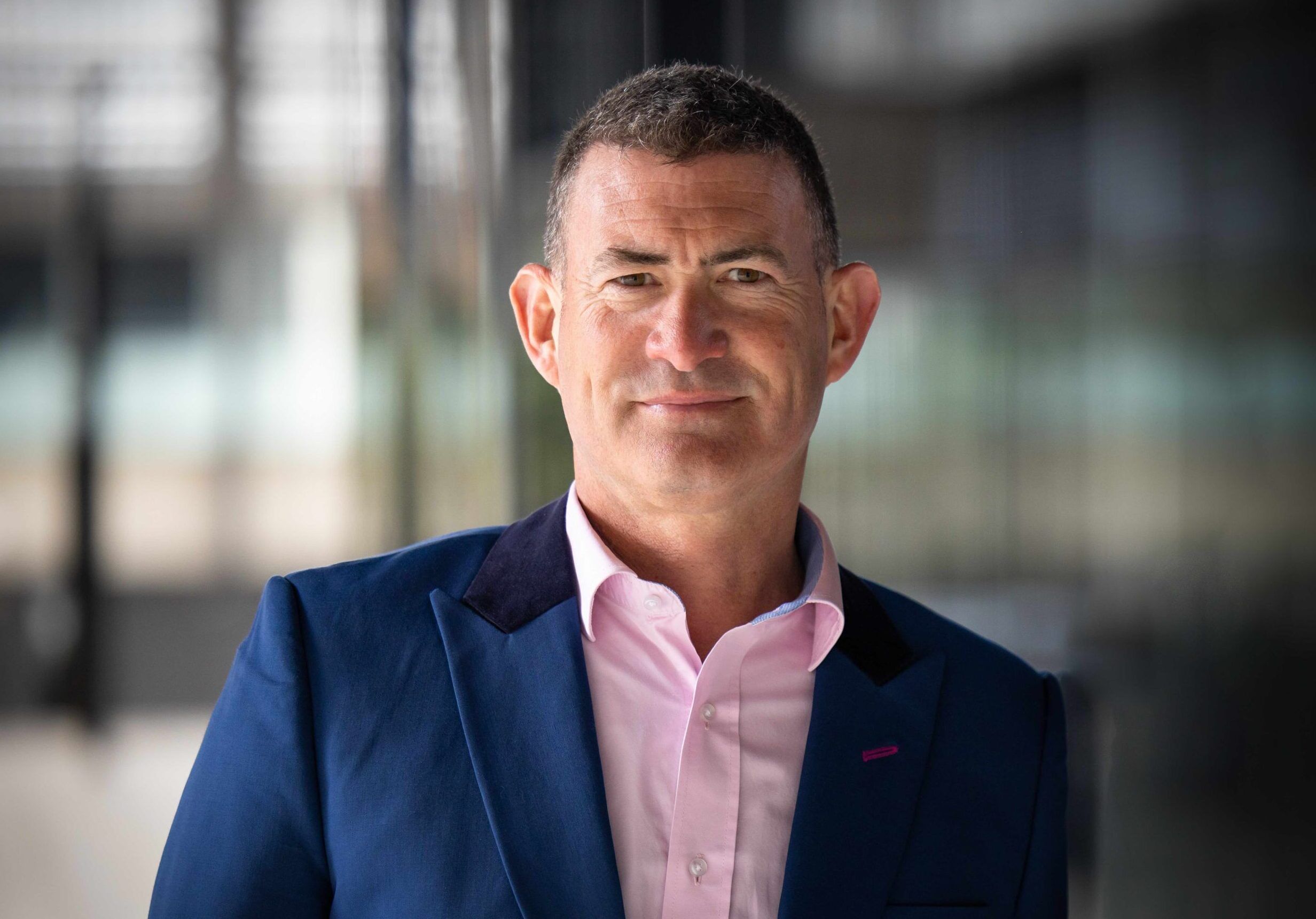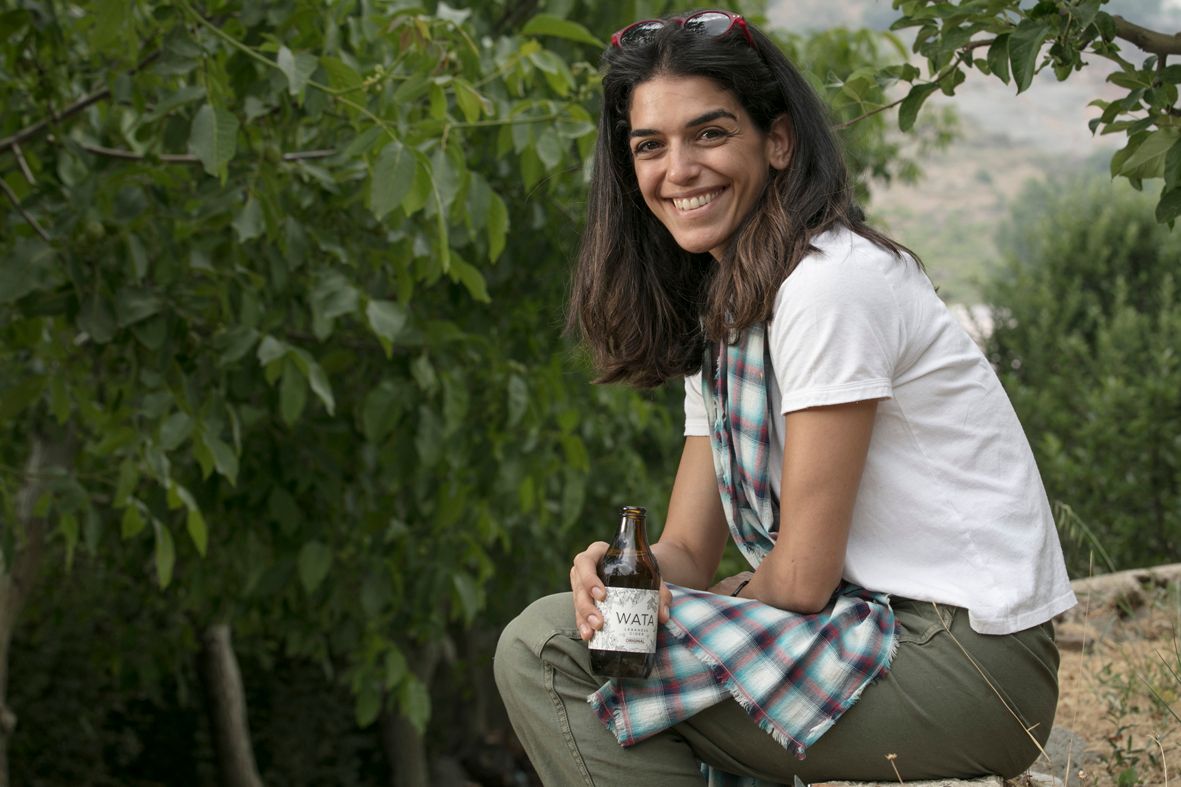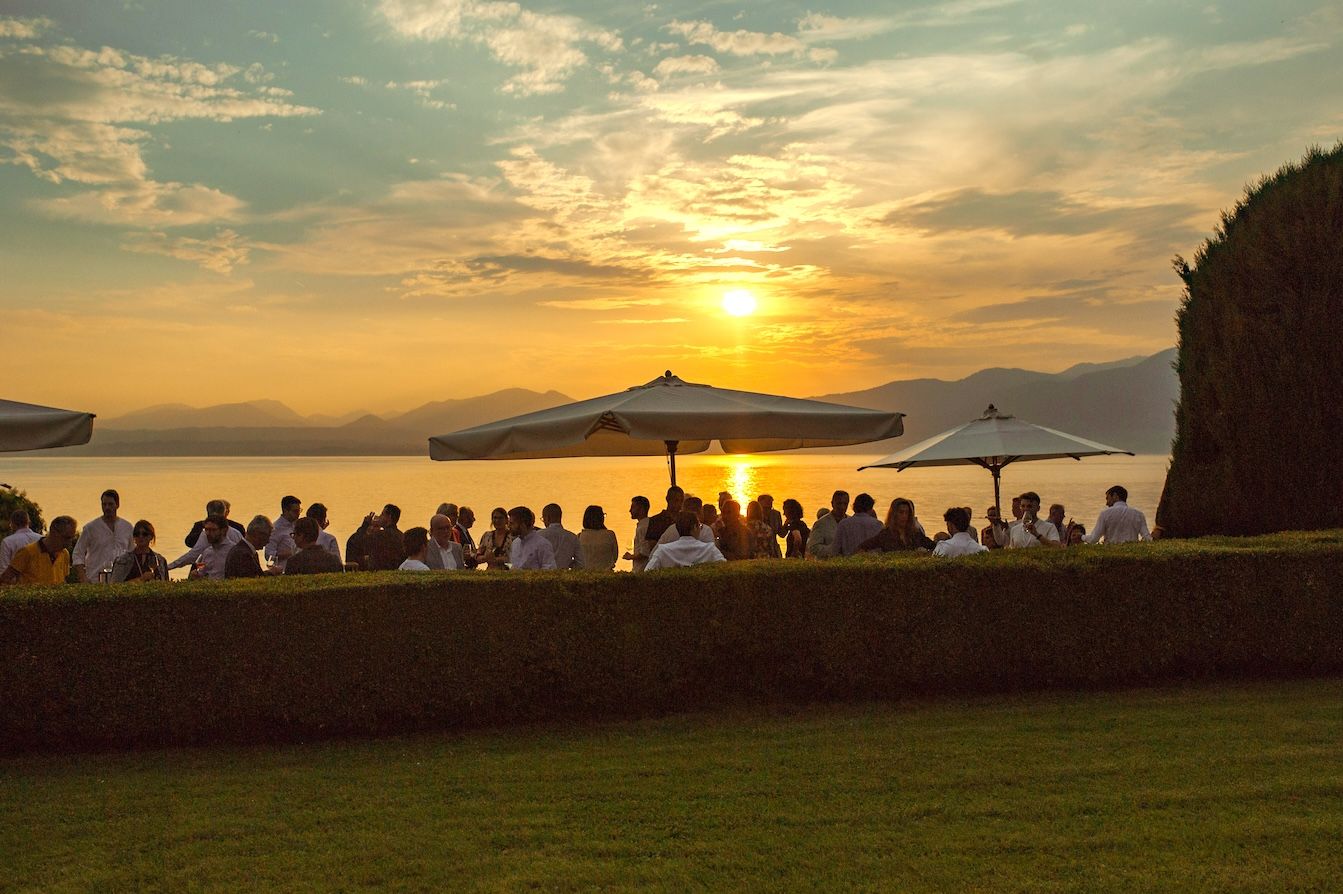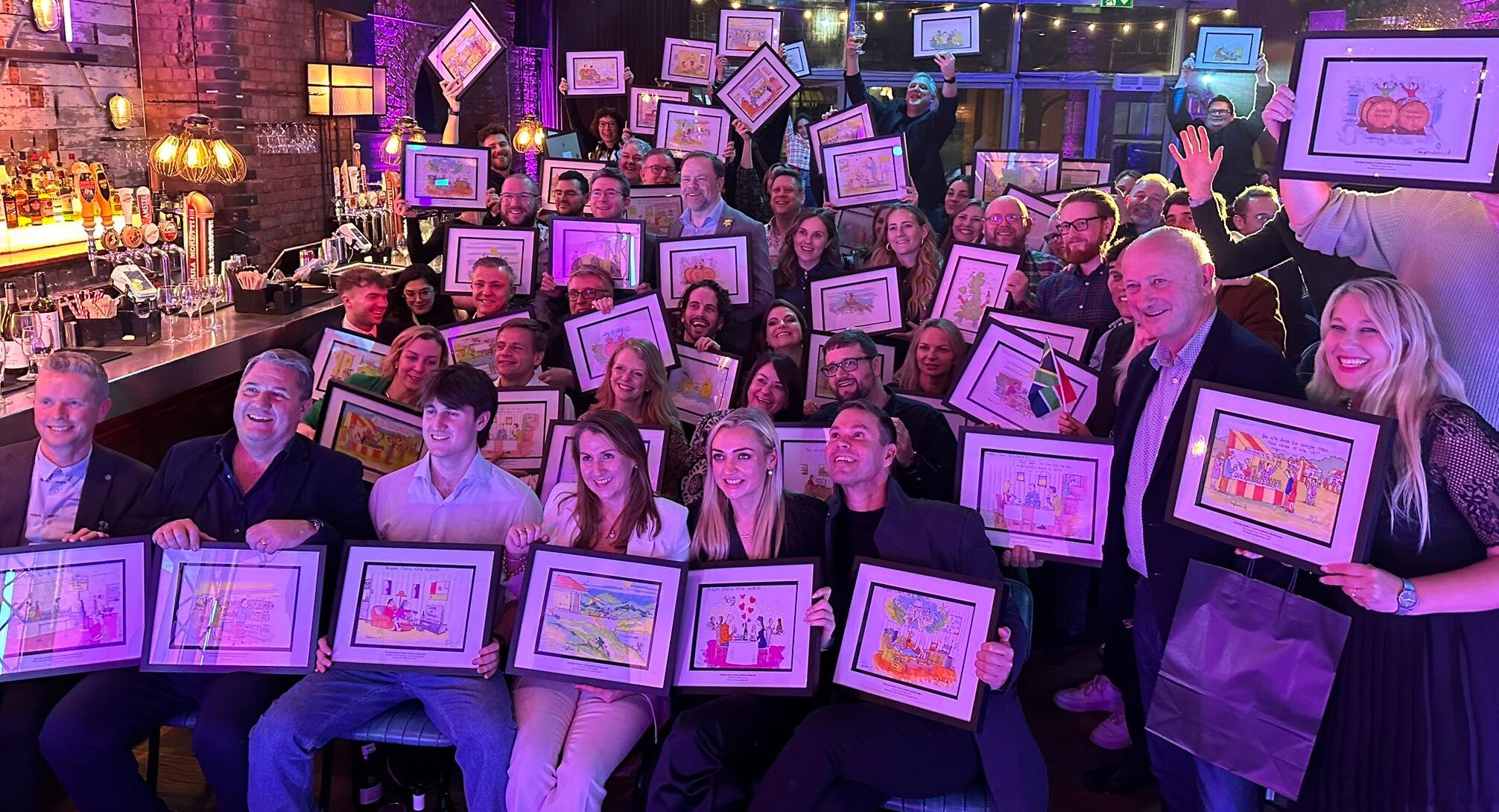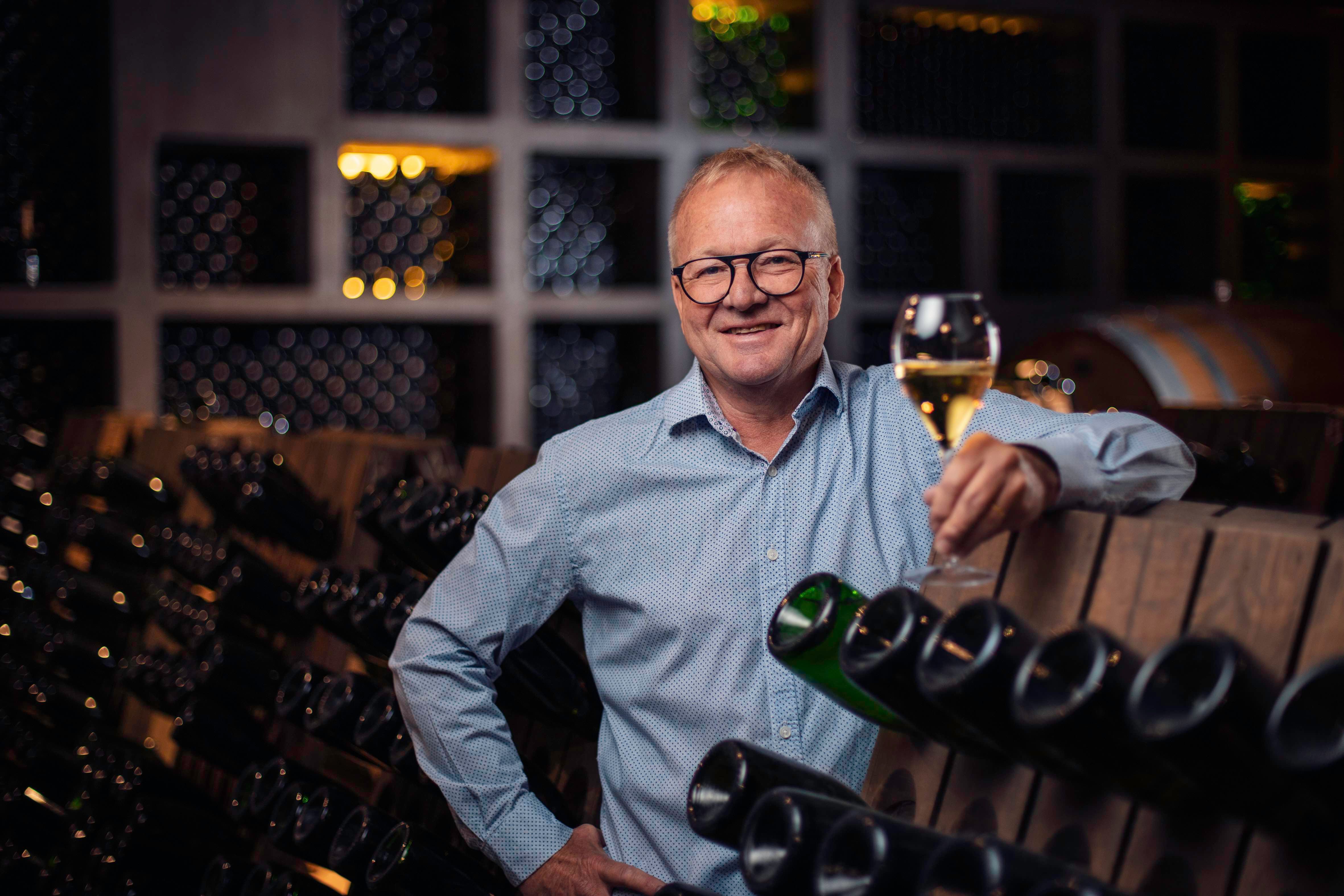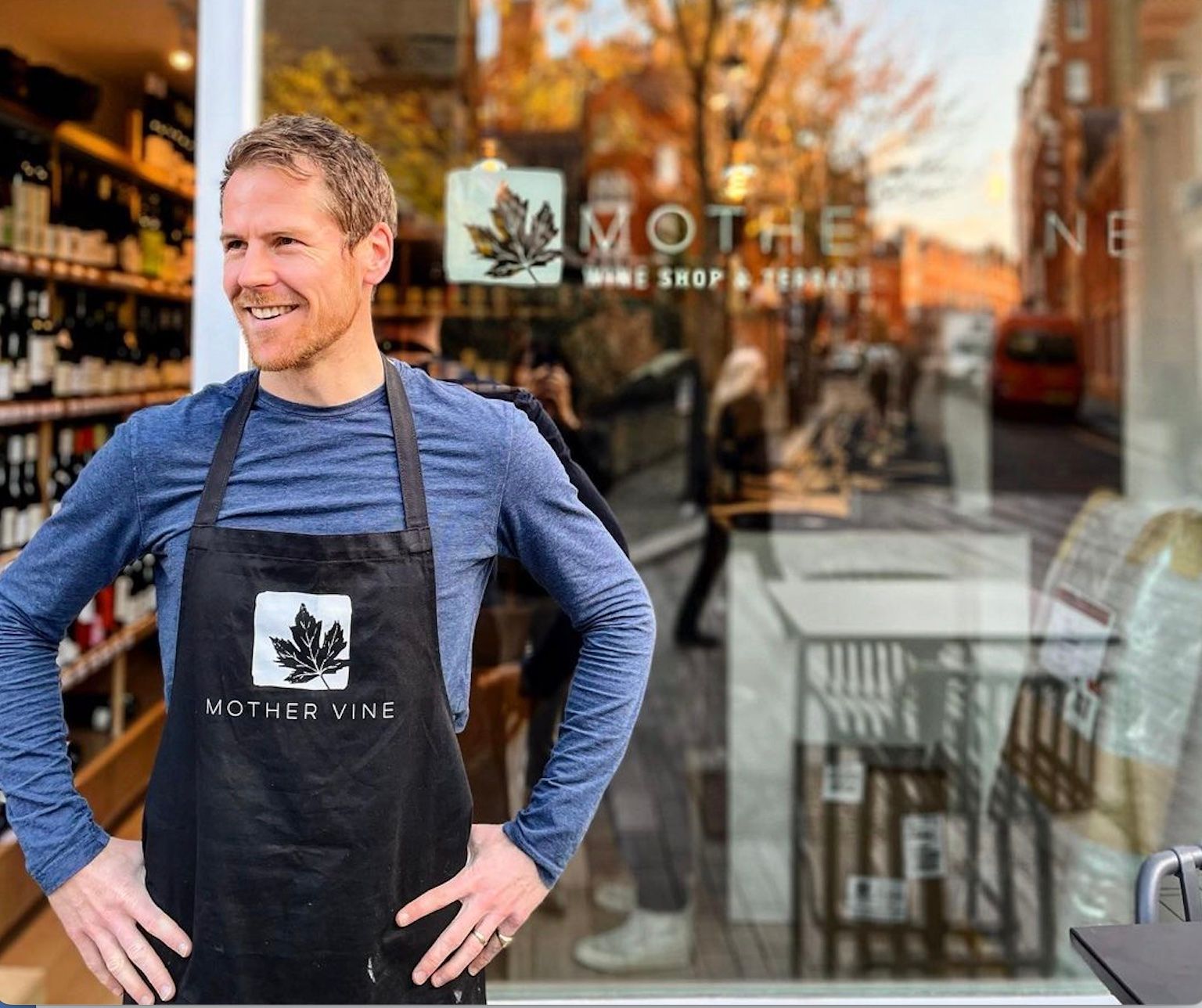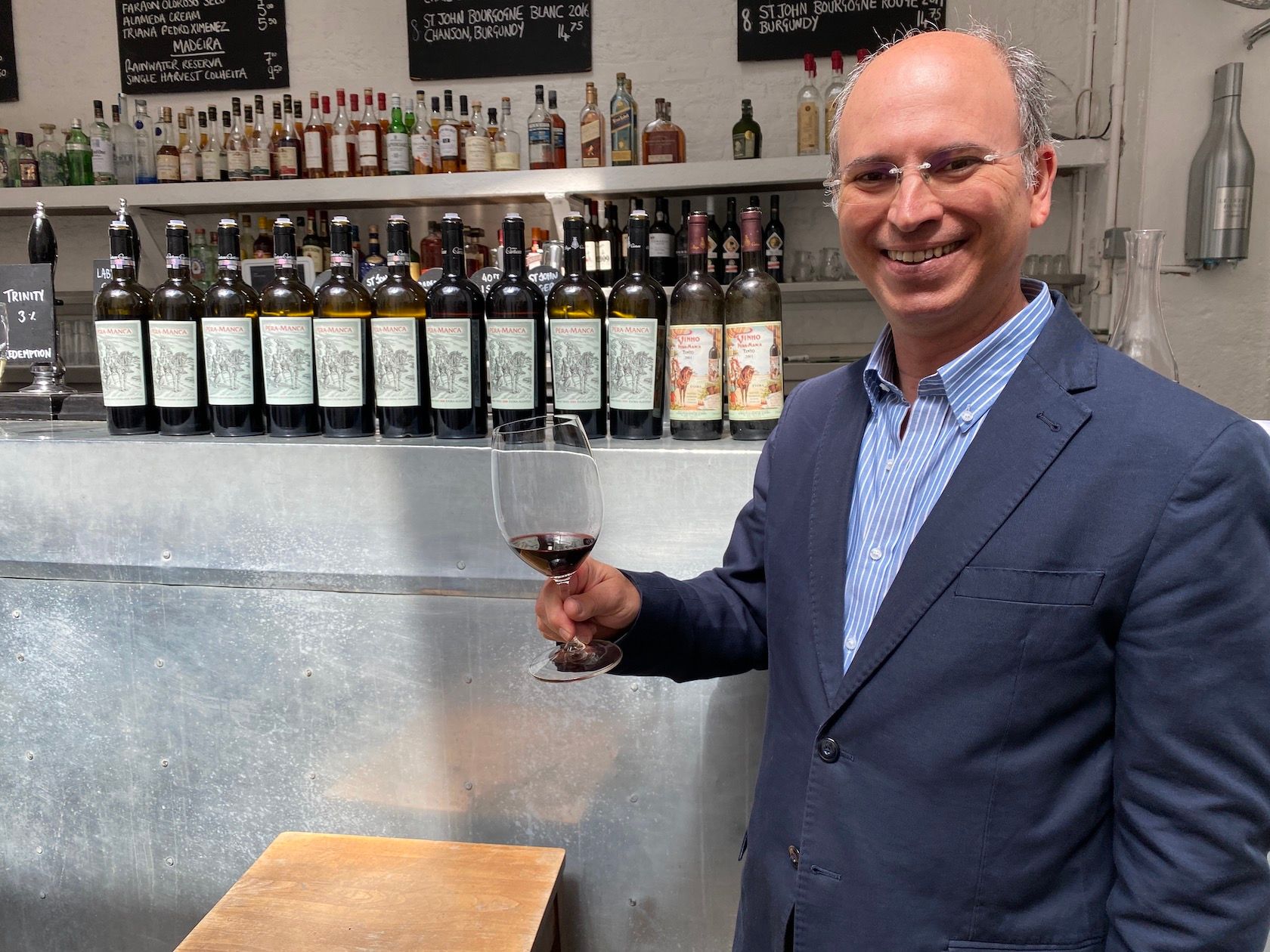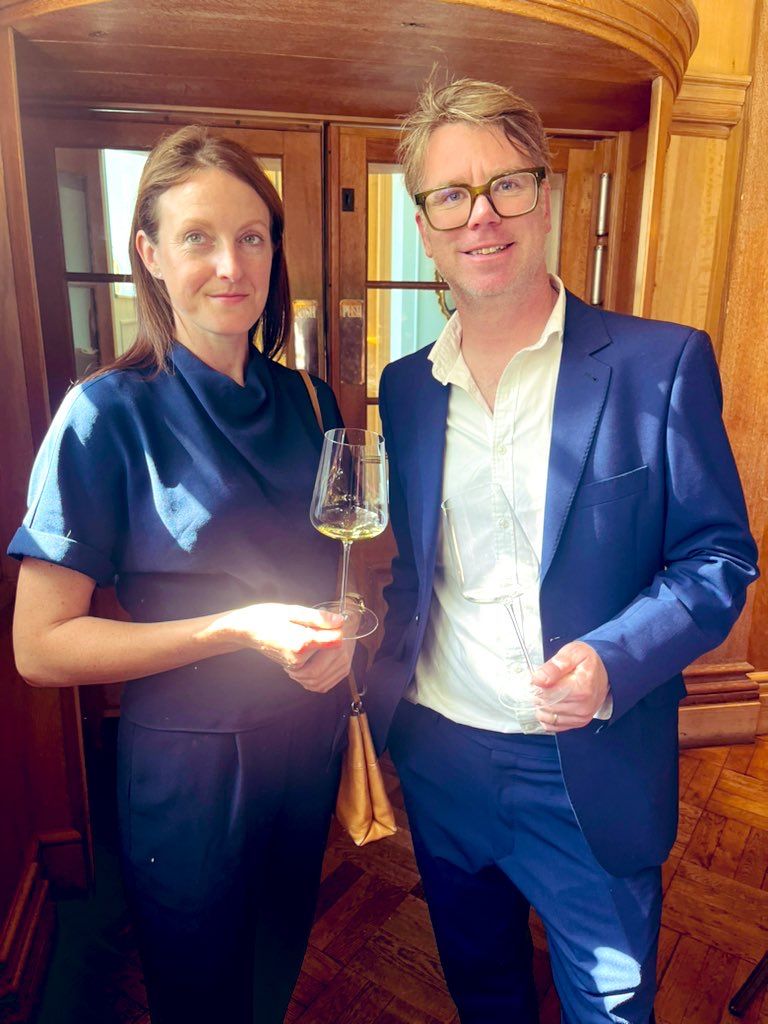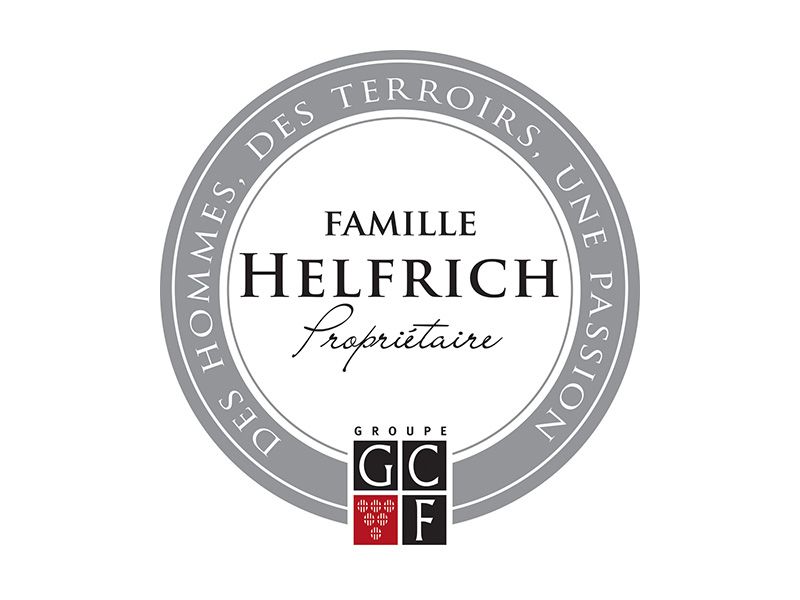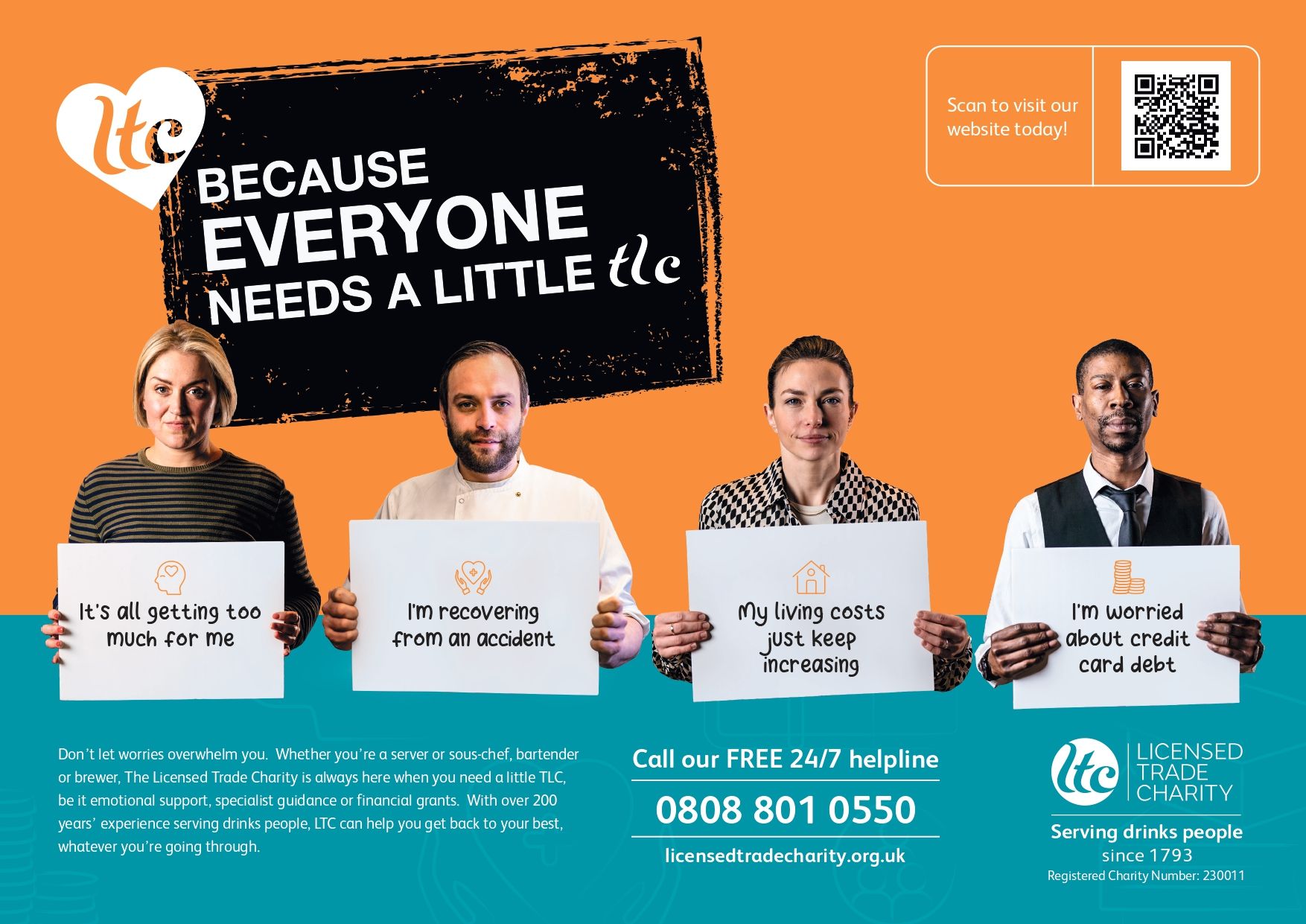“We have attracted a lot of of like-minded souls and that is a really important to what we can do.” Nick Gillett explains why Mangrove’s people are just as important as its brands in helping to provide premium bars and specialist retailers a first class spirits distribution service.
By and large spirits distributors like to keep themselves to themselves and let their brands do the talking for them. So it has been a refreshing change in recent months to see Nick Gillett, managing director of Mangrove, take repeatedly to Linked-in to share his insights and views on a whole range of topics from supply chain issues, spirits trends, branding and even dare dip his toes into political debate and his frustration at the political leadership in this country.
He’s very good at it too. So much so that The Buyer re-published one of his articles that took on the meaty topic of consolidation across the drinks industry that is allowing big drinks producers and major retailers to get bigger and its potential impact on the sector’s imagination and innovation. Click here to give it a read.

Mangrove’s Nick Gillett is willing to speak out on the issues he feels passionately about
Gillett’s willingness to speak out is such a refreshing change as he has a lot of interesting things to say. It’s also a great frustration to those of us on the reporting side of the drinks industry that not more business leaders use their position to have a platform and speak out and help the sector as as a whole move forward and raise its collective game.
That’s very much what Gillett is also trying to achieve: “It’s a way to show people what we think.”
Not that Gillett was anywhere near being a shrinking violet before he started venting his views on Linked-in. His lively, energetic personality has helped him become one of the most influential and important spirit figures in the UK. Now with Mangrove, but also previously with Coe Vintners, as well as working on the brand side, helping to bring Sagatiba Cachaca to the UK market, and working with Avallen Calvados, Portobello Gin, Aluna Coconut amongst others.
“Having worked on the brand and distributor side I saw an opportunity for a more specialist spirits business that no-one else was doing at the time. Where we could act as an importer for premium and great liquids from around the world that we could bring to all channels of the market, from retail to hospitality,” explains Gillett – a business that has evolved into what Mangrove is today.
Its role, he adds, is to use its sales teams “to create the demand” for its brands in whatever channel they are in.
“We never lead with Mangrove. We lead with our brands. We are the guys behind those brands and that has worked well for us over the years,” he explains.
Identity and personality

Mangrove has built up an impressive portfolio of spirits brands to challenge across all main price points
That said he also recognises the need for the “business” to also have an identify of its own so that its customers truly understand who they are working with.
“We realised we needed to have more of a profile and personality,” he says. “We have created a culture here and a business that people want to join and work for and it is now a case of taking that to a bigger level.” The challenge and opportunity is to capture just what it is that makes Mangrove tick and be different from its peers in spirits distribution.
“We are completely independent. We can decide our own future, cherry pick which brands we want to work with. It gives us more freedom to do what we want and champion the things we like. But we really want to keep that passion in the business. That passion for our brands and really believe in what we can do,” he says.
It is the combination of having top class brands, and great people to sell them is what he believes makes Mangrove strand out.
“We have attracted a lot of of like-minded souls and that is a really important to what we can do. We are also looking to try and predict trends and take on interesting liquids two years ahead other people. We are talking to bartenders and brand owners in other markets all the time to see what is going on.”
To do that even better than it currently does Gillett knows Mangrove needs to be attracting even more experienced people to join the business and to do that “we need to tell them who we are”.
Which is partly what his Linked-in columns are about. “It allows us to have opinions without it coming through a mouth piece of a brand. We can take a position.” He adds: “To grow we need fast growing brands but we also need the right people too. There is a lot of competition out there.”
It also means investing in the people you bring in. For example, during Covid Mangrove had just taken on three new hires who were not eligible for furlough.
“It was a time when a lot of businesses were letting people go, but we were determined not to lose them at the first sign of panic. We were able to use that time to train them so that they were ready to go when we came out of Covid.”

Mangrove has built its reputation on introducing and supporting breakthrough spirits brands like Black Cow vodka made from pure milk
A changing business
He says the business as a whole has had to regroup as a result of Covid and become far more multi-channel. Going into Covid 60% of its business was through the on-trade and whilst it had to take its share of “bruises” during and coming out of Covid it has been able to emerge a stronger company as a result.
“That said we did not foresee the length of the pandemic and the length of the recovery and the cost of living crisis we are al now living through, on top of the logistical nightmare of Brexit.”
Ecommerce, like so many other importers, has become a major source of revenue and it has been fascinating to see the change in consumers that were able to trade up and enjoy premium spirits and cocktails at home – who are now happy to repeat the experience in bars and restaurants.
“They are all very welcome,” he says. Mangrove was also able to strengthen its ties and distribution across specialist retail and independent wine merchants. “We are seeing the specialist resurgence continue and a whole new audience to talk to.”
Crucially these are also new customers that are looking to list brands and products on the quality of the liquid and not what price they can put it on shelf.
“We are now offering training and ranging support for them. It has been a perfect positive storm for us. You have more customers that want to spend money, we have the products to spend it on and we can take the time to go round to help these specialist retailers sell it to them. There is a real stickability about that channel.”

Nick Gillett says it is vital Mangrove is able to build long term relationship0s with its major customers – word of mouth is also so important in the spirits sector
The independent sector now accounts for around 15% of Mangrove’s sales but Gillett expects that to grow in the coming years. Its post Covid split is now closer to 15% in e-commerce, 10% multiple grocers and a return to 60% share in the on-trade.
“We are seeing e-commerce and independents taking share for us from the multiple grocers. It has become very unforgiving in terms of the hurdles the multiples want you to step over. There is no time to build brands and they are reducing their ranges and removing a lot of consumer excitement. That said Waitrose is still very good and Marks & Spencer has got some interesting things going and a really good buying team. The new direction of Majestic means it is also looking to do things differently. We just don’t want to be doing a joint business plan that will compete with Halewood or Diageo.”
Demand from independents
Instead Mangrove is far happier building more business with the likes of Hedonism, or Latitude Wine & Liqour Market in Leeds. “They are a great example of what is going on. They have always got something new and interesting to show you. Independent wine merchants as a whole are opening up more to spirits and they are more of a challenge for the big drinks companies to get into,” adds Gillett. “Whisky specialists are also now selling a range that is seriously competitive.”

Latitude Wines & Liquor Market in Leeds is one of many specialist retailers that Mangrove is now targeting to work with
“We are seeing a new breed of owner who don’t want to do big brands, but want to sell bottles of great liquid that are also great value. Look at whisky. People are looking for older expressions, but also whiskies from all over the world. We work with the English Whisky Company which is proving to be a great alternative to Scotch.”
He adds: “There is now an explosion in premiumisation in spirits. Tequila is selling at £150 a bottle. You may not sell many, but people are taking the time to go and explore. That is why we are providing tasting stock so that people can get the chance to taste it. After all if you are spending £30 plus on a bottle you want to try it first. There is also nothing like getting liquid on someone’s lips. That is what we are training these stores to do. They are becoming a new sales force for us.”
It’s why Mangrove has recently added an extra couple of people to its sales team to look after independents, but Gillett says there is also a lot of cross over between selling to premium bars as there is to independents.
“We encourage our top on-trade sales people to build relationships with spirits retailers as well. They are all part of the same conversation and part of our learning which can all get fed back to the team.”
He adds: “Everyone should go to Gerrys or Milroy’s in Soho. The level of engagement you get from their consumers and the people who are working there is unbelievable. It is very similar to bartenders. How they can explain what a product is about and why you are being asked to pay a bit more for it is so important.”
Training and support
Training and development is also core part of the Mangrove offer and all its staff are fully briefed and knowledgeable about not just its range of products, but also the wider spirits categories too. It is also where it can bring its brand partners in to help with the training and support it can offer.
“There is nothing like having the brand owner, or the brand ambassador doing that training,” says Gillett. “Drinks should always be living and breathing. We should be like the ice cream van coming round.”
That level of specialism and knowhow is also why Mangrove has no intention of moving into beers and wines. “I worked in wine for a long time and it is a very complex and difficult business to get right. There are some amazing companies out there who do wine very well.”

Mangrove invests a lot in staff training like here with Emma Sprackling, senior brand manager
There is also still so much to do within spirits itself, he adds. “Just look at the sheer explosion in distillers in the UK alone. Not everyone will be able to take on their brands but we are going to see more specialist players that just do tequilas or English whisky or whatever.”
He welcomes each and every one of the niche spirits that can make their way in the market as a much needed alternative to the big global brands that are taking over so much of the wider, mainstream spirits category.
Taking on new brands
When deciding what new brands to take on, Gillett says it is important it has the right product in each major spirits category.
“We always taste blind, and don’t look at the packaging or the price. We then look at the background of the product, its history, its traditions, whether it is family owned and have any skin in the game. Then we look at the commercial reality of the brand, its potential for growth and whether it is better than anything we already have.
“We get to see a lot of liquid in amazing packaging, but can’t find enough about the brand that makes them stand out.” Ultimately it comes down to how much Mangrove wants to support the brand in different channels of the market. “Do we really want to work with them?” he asks. “We won’t represent anything we don’t believe in. There is no set formulaic approach.”
Its range, though, is constantly in flux and its team is always on the look out for new brands to join or take the place of others that might get picked up elsewhere.
As to what we can expect to be on back bars for the year ahead then Gillett believes there is still a lot more legs in the whole tequila, agave and mezcal boom and that the category will grow to include more countries and different styles.

Gillett says there is still lots of innovation coming out of the rum category – like the rum being made by Dark Matter Distillers Scotland’s first rum distillery set up in Banchory in 2015.
Rum, particularly spiced rum, has also got a lot of momentum and, like gin, has the capacity to introduce more brands. “Then there are rum liqueurs that are masquerading as rums,” adds Gillett.
Interestingly he believes the continued interest in gin – “still a stable on every drinks list” – and how the category has been able to evolve and keep on moving has really helped other categories find their feet, particularly tequila and agave.
“Over the next five years we also see a lot of focus on world whiskies and the different styles coming out of other countries. These are all well positioned to attract a younger, richer and also female following. I have always thought brands should market themselves to all people and these new whiskies are really getting it right and producing really interesting styles.”
He adds: “No and lo is definitely a big thing and growing, but too many players are not delivering enough quality and there needs to be a shake out of products. I am struggling to see how it is going to evolve.”
Packaging & sustainability
Instead he is more excited about the potential of pre-packed cocktails not just for the quality they offer, but also the innovative products that are coming through. They also offer a packaging solution to the very big problem of glass, both in terms of availability and weight.
“There is a real issue in the supply chain with the expense and availability of glass,” says Gillett.
It is why Mangrove has stepped out of its comfort zone of brands, and become the first European franchisee of EcoSPIRITS that offers a closed loop packaging solution that looks to cut out waste from the drinks supply chain. It is an issue that all drinks companies and everyone business in its supply chain needs to address, he says.

EcoSPIRITS offers a new closed loop packaging solution for distributors, brands and operators alike, says Nick Gillett
The EcoSPIRITS model is to bring bulk liquid into a venue and then use a refill bottle back system to serve customers – be it in a bar or an independent wine merchant. It offers a quick and convenient serving solution, as well as helping to cut the carbon footprint of those using the system.
“It’s a step in the right direction and starts to address the fact that so much single use glass is thrown away and that 25% of glass that could be recycled goes to land fill. Ecospirirts removes that.”
He adds: “We have now got an opportunity to do something that may make a difference, whether it is a commercial success or not. I go diving, I go skiing, I cycle, I have a daughter, I don’t want the the world to be screwed up. So this is an opportunity to do something and not just moan about it.”
Gillett says he is proud to be working so closely with the on-trade sector that has done so much to put the pressure on suppliers and brands to do the right thing on packaging. It was bartenders, for example, who forced the need for paper straws to be introduced.
“The bar and restaurants communities are closet environmental warriors. They can see the power they can have. They are saying we need you to change to their supplier base. We have seen and recognised that and that is why we have invested in EcoSPIRTIS as we think it is a good easy solution and the right thing to do.” He adds: “If anything I underestimated how enthused my team would be about it. They are very proud of EcoSPIRTITS and we talk about it a lot.”

A bar training session for EcoSPIRITS
It is also good to see, he says, so much packaging innovation taking place across the sector, like with Frugalpac and paper bottles and what it has been able to do with leading brands, be it Diageo with Johnnie Walker, and one of Mangrove’s brands – Avallen the sustainable calvados brand. .
“There is no perfect solution but think it will come. The challenge for spirits brands is that glass allows you to show your premium liquid and why you are charging so much for it.”
He only needs to look at Mangrove’s own portfolio to see great innovation around packaging and sustainability. Be it Black Cow vodka, the world’s first pure milk vodka, made using what is left over from grass-grazed cows milk after making cheese.

The Avallen paper bottle produced in partnership with Frugalpac
“If enough of the smaller and challenger brands start to get a bit of market share, the big brands will follow and are following.”
Mangrove has also been taking steps within the business to be as sustainable as possible in how it operates. Steps Gillett says are essential if you want to be relevant to your own team, your brand partners and your customers.
“I am learning all the time. I know a lot more than I did, but have so much more to learn about what being carbon neutral actually means.”
Sounds like a good topic for his next Linked-in opinion piece…
- You can find our more about Mangrove at its website here.
